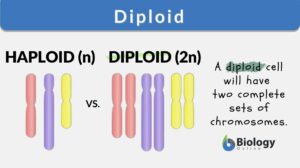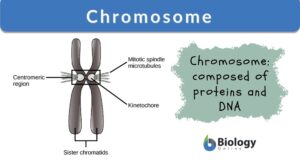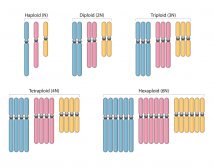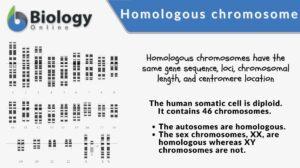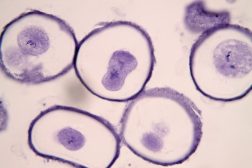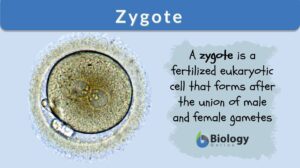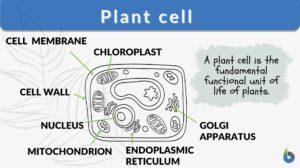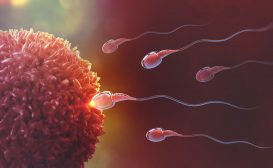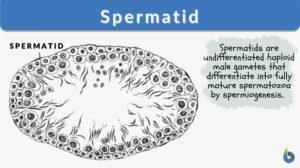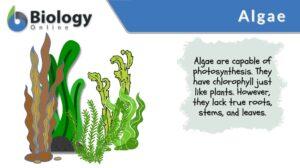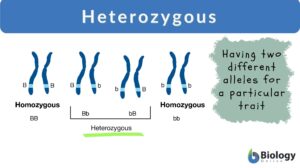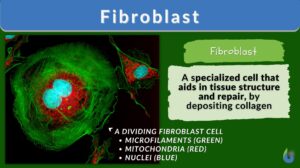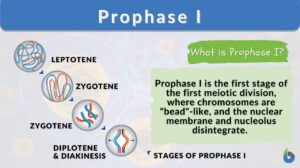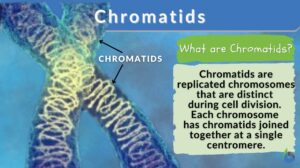Search Results for: diploid nucleus
Parthenogenesis
To reproduce, by definition, means to produce new offspring. The process is referred to as reproduction, which is one of the... Read More
Vascular plants
Definition of Vascular plants The term 'vascular' is derived from the Latin word vāsculum, vās, meaning "a container and... Read More
Chromosome
Chromosomes Definition Chromosomes are thread-like structures present in the nucleus of plant and animal cells. Chromosomes... Read More
Cytokinesis
The cell cycle of eukaryotes is a cyclical series of biological events that certain asexual cells go through. The cell cycle... Read More
Polyploidy
Reviewed by: Mary Anne Clark, Ph.D. Polyploidy Polyploidy is defined as the state of being polyploid, which... Read More
Meiosis and Alternation of Generations
Review of Mitosis: Cell Cycle The cell cycle contains the process in which cells are either dividing or in between... Read More
Homologous chromosome
A homologous chromosome pertains to one of a pair of chromosomes with the same gene sequence, loci, chromosomal length, and... Read More
Meiosis – The Genetics of Reproduction
The genetic information found in DNA is essential in creating all the characteristics of an organism. This remains the case... Read More
Micronucleus
Definition noun, plural: micronuclei The small type of nucleus in ciliates, and is responsible for cell division in... Read More
Animal cell
An animal cell is the fundamental functional unit of life of animals. It is also the basic unit of reproduction. Animal... Read More
Plant cell
Plant Cell Definition A plant cell refers to any cell of a plant. It is the structural and functional unit of plants. Plant... Read More
Human Reproduction and Fertilization
For the human species to continue surviving, it is essential that mature adults are capable of producing fertile offspring... Read More
Polyploidy
Definition noun (genetics) The state of being polyploid, that is more than two sets of the chromosomes in a... Read More
Macronucleus
Definition noun, plural: macronuclei The larger type of nucleus involved in non-reproductive functions (as opposed to the... Read More
Heterozygous
Heterozygous Definition adjective (genetics) Of, or pertaining to an individual (or a condition in a cell or an organism)... Read More
Heterozygote
Definition noun, plural: heterozygotes A nucleus, cell or organism possessing two different alleles for a particular... Read More
Fibroblast
The building block of living things is known as the cell. The cell contributes to many parts and functions of different... Read More
Prophase I
Organisms all use mitosis to create more cells in the body. Meiosis, a similar process, is used in some organisms to undergo... Read More
Chromatids
Chromatid Definition Chromatids are found inside our cells. Chromatids are condensed chromosomes distinguishable during... Read More
Germinal vesicle
Definition noun The large nucleus of the primary oocyte before meiosis is completed and polar bodies are... Read More
